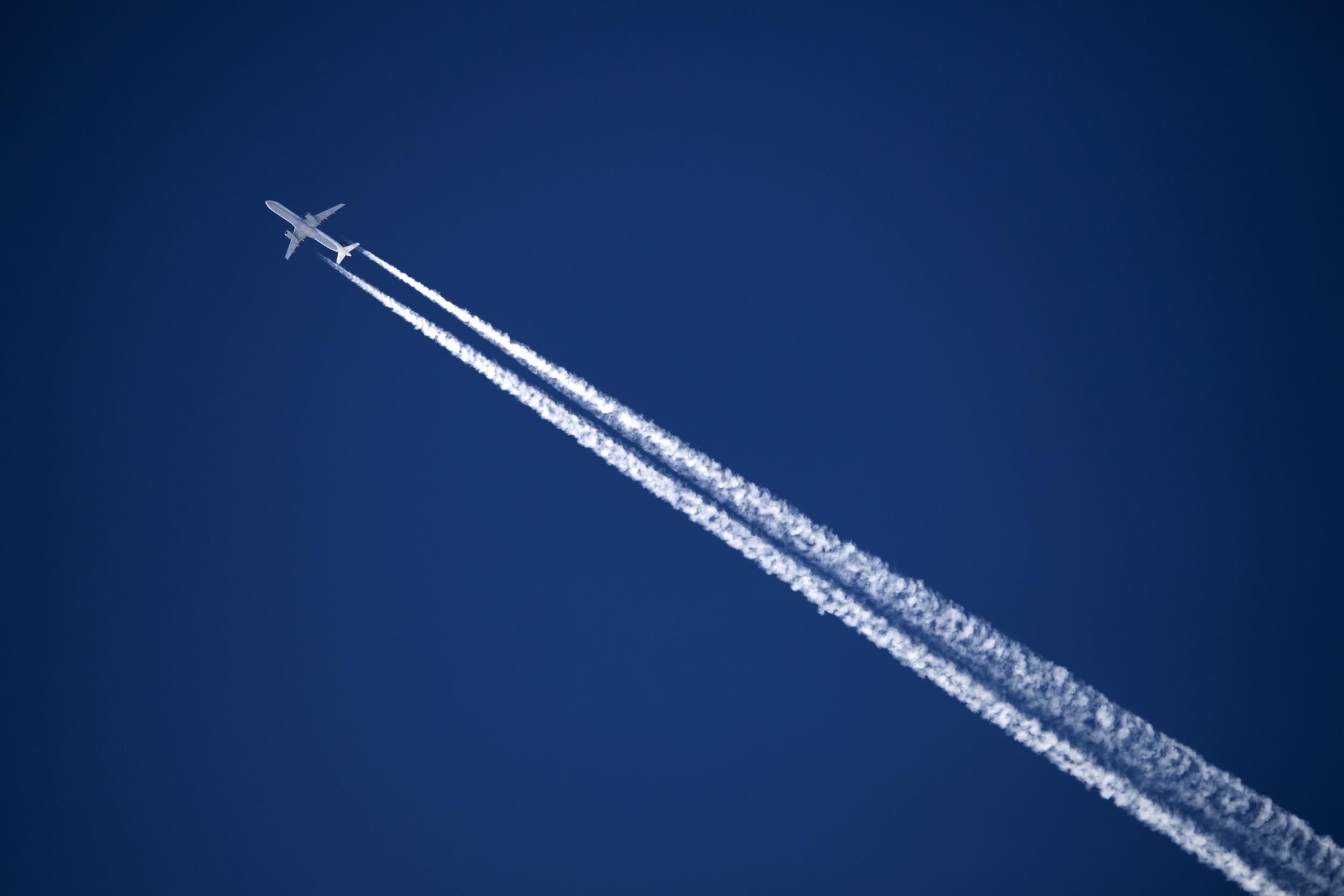Catastrophic aircraft hack is 'a matter of time', government researchers warn
'Potential of catastrophic disaster is inherently greater in an airborne vehicle'

A cyber attack on a commercial aircraft is "only a matter of time", US government researchers have claimed in a report.
"Potential of catastrophic disaster is inherently greater in an airborne vehicle," the Pacific Northwest National Laboratory – a laboratory within the Department of Energy - suggested.
It was one of a series of a series of documents and slides from the Department of Energy and the Department of Homeland Security (DHS), as well as other agencies, which were obtained by a Freedom of Information Act request by the Motherboard website.
The same research from the Pacific Northwest National Laboratory also claimed that it was "a matter of time before a cyber security breach on an airline occurs."
It is not the first time concerns have been raised about the security vulnerabilities of commercial aircraft. A 2016 report claiming that the entertainment systems used by 13 major airlines could be infiltrated by hackers.
Researchers at cyber security firm IOActive reported that the Panasonic Avionics system contained flaws that allowed them to hijack announcements and access credit card details of passengers.
Panasonic strongly denied any implication that hackers could gain access to flight controls through the entertainment system.
More recently, a DHS document from last year assessed aviation cybersecurity, suggesting such attacks were a possibility.
"Early testing indicates that viable attack vectors exist that could impact flight operations," the document stated.
A DHS spokesperson was not immediately available for comment but a statement given to Motherboard said the department was working with researchers to "identify and mitigate" vulnerabilities within the aviation sector.
"The aviation industry, including manufacturers and airlines, has invested heavily in cyber security and built robust testing and maintenance procedures to manage risks," they said.
Join our commenting forum
Join thought-provoking conversations, follow other Independent readers and see their replies
Comments
Bookmark popover
Removed from bookmarks